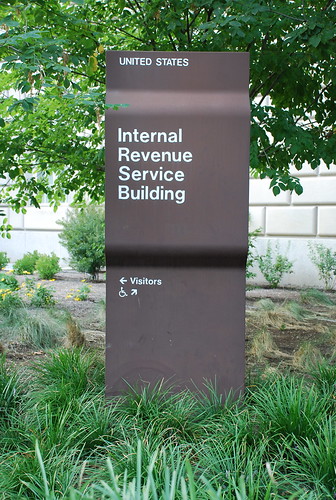
The IRS doesn’t tax your VA Disability, but if you owe the IRS money, they count your benefits as part of your ability to pay the IRS back.
I was having a bout of writer’s block and had a blog post due. Fortunately, I just received this email from Morgan, a disabled Navy vet, and it seemed like a worthy topic.
I was placed on “uncollectable status” by the IRS last year. Now, to keep my uncollectible status, they want me to provide them with the amount I receive from the VA each month along with my SSDI amount! Am I missing something here? I am totally
confused. I was told that VA disability benefits are tax exempt. So is my SSDI benefit. If that’s so, why is it considered income by IRS? Can you help me with this so I can understand?
This is a good question—if VA and SSDI payments aren’t taxable, why does the IRS ask about them when settling tax debt? Or in Morgan’s case, when determining collectability status?
The answer is—there’s a difference between “taxable” income and “money that you have that you can use to pay bills.” So even though things like VA payments and SSDI are not taxable, they are counted towards money available to pay bills.
So here’s what the IRS is doing. They’re taking all of your income—whether it’s taxable or not, and adding it together. Then they’re looking at all of your expenses and if there’s any money left over, that’s what they consider is available for you to pay your taxes with.
Here’s how the formula works: Income includes wages, interest, dividends, business income, rental income, distributions, pensions, social security, child support, alimony, and other income. VA payments and SSI would count as “other income”.
Expenses include: Food, clothing, and misc., housing and utilities, cost of owning and operating a car or using public transportation, health insurance, out of pocket health care, court ordered payments, child or dependent care, life insurance, taxes, and other debts.
Here’s the kicker. Expenses are limited to what the IRS calls “national standards.” The national standard for food, clothing, housekeeping supplies and personal care products is $583 for one person. Out of pocket healthcare is $60 if you’re under 65 and $144 if you’re over. If you own a car, the allowance is $517 for owning and operating it. If you use public transportation, you’re allowed $182 a month.
Housing and utility expenses vary greatly by area. Here in St. Louis County, the expenses allowed for one person is $1,426. If you live in St. Louis City, you’re only allowed $1,208.
You can look up all of the collection financial standards on the IRS website: http://www.irs.gov/Individuals/Collection-Financial-Standards
When dealing with the IRS on this issue, you are allowed to use the national standards for your family size without them questioning the amount you actually spend. The housing allowing will be the amount you actually spend or the local allowance, whichever is less.
So while the IRS is asking about VA payments and SSI to determine if you’re capable of paying a tax debt, SSI and VA payments will remain non-taxable income on your tax return.









